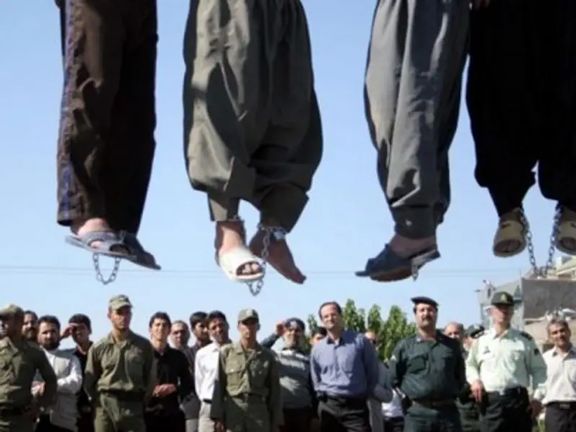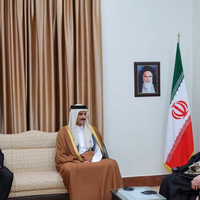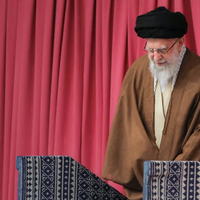Hossein Raisi, Tanaz Kolahchian, Mohammad Moqimi, and Nayereh Ansari, argue that such a move by the UN could potentially halve the number of executions in Iran.
They pointed out that despite years of financial and equipment support from the UN in combating drug trafficking, the Iranian government has largely ignored the underlying causes of drug crimes, “opting instead for harsh penalties without effectively addressing prevention strategies.”
“We, a group of Iranian lawyers and legal experts, are calling on the UN to put pressure on Iran’s government to change its crime policies and immediately halt drug executions. We also call on the UNODC to make the continuation of its cooperation contingent on a moratorium on drug executions,” they wrote in an open letter on Thursday.
According to a recent report by the Oslo-based Iran Human Rights Organization of Iran, Iran executed at least 64 people in May alone, with drug-related charges accounting for half the executions in the first five months of the year.
Rights group Amnesty International reported in April that 853 people were executed in Iran in 2023, a record number in the last eight years. Over half of those were identified in the report as drug-related offences. A UN report corroborated the figures.









